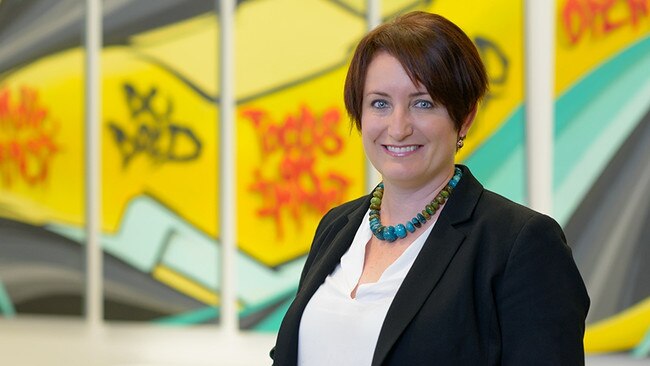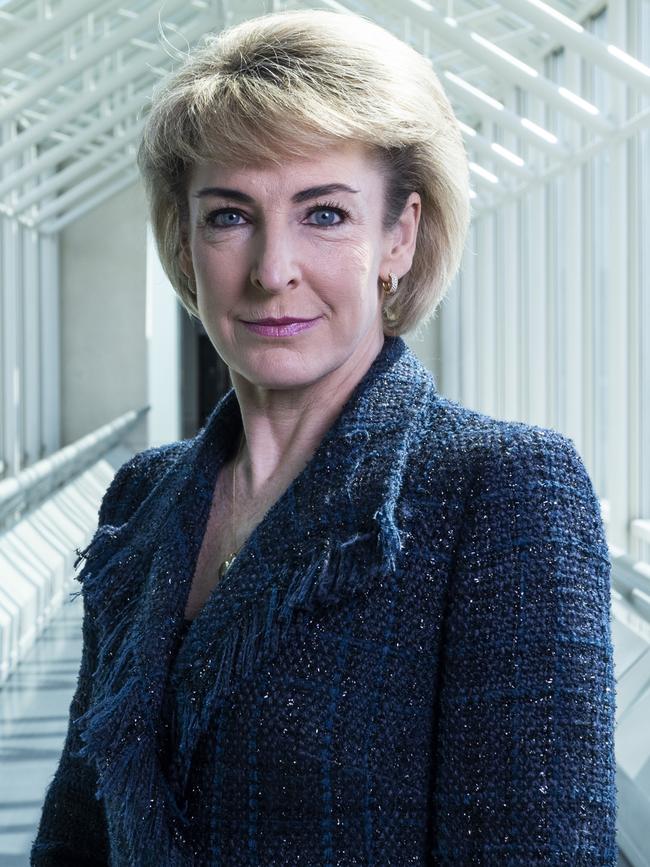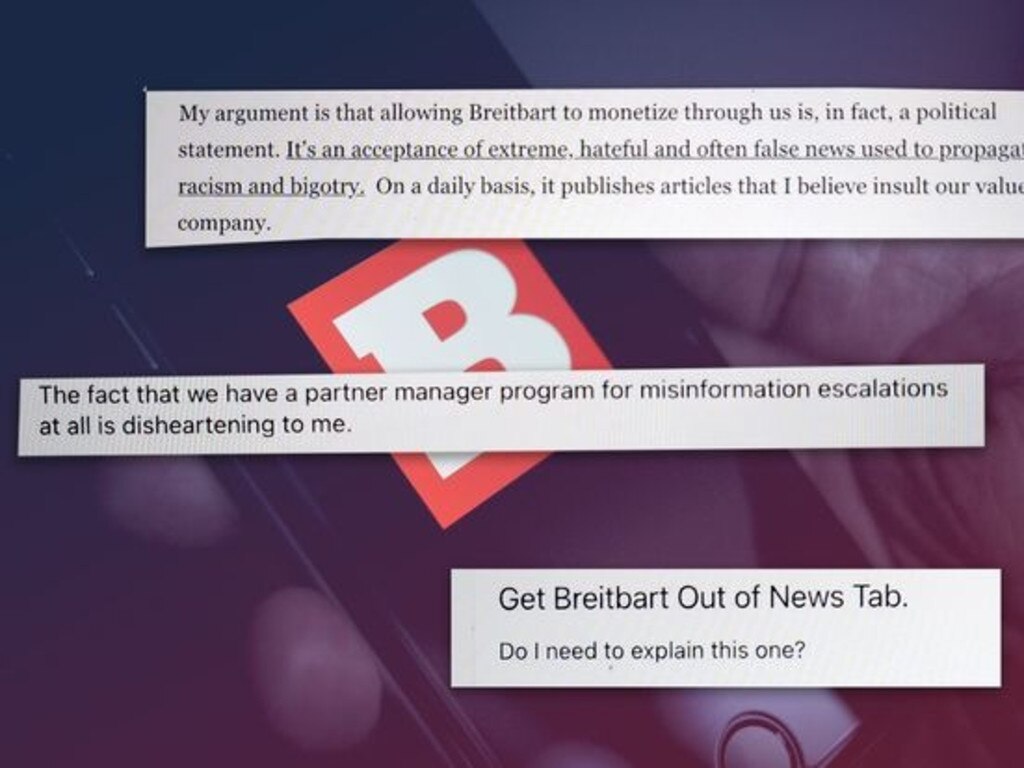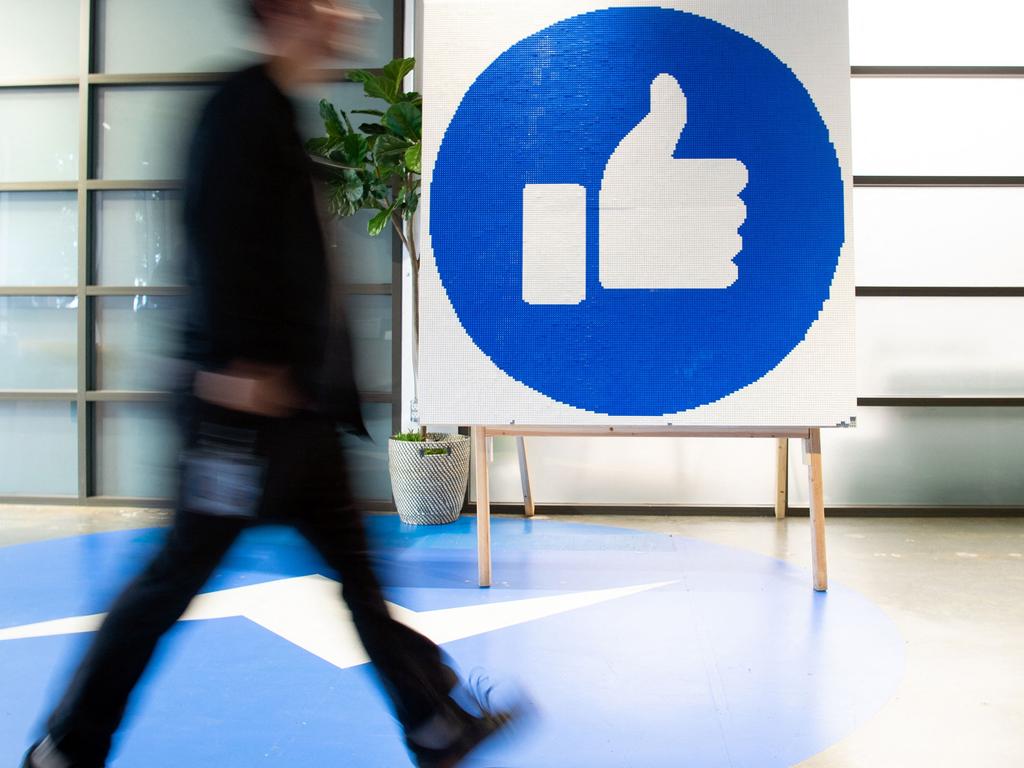Facebook responds to Australia’s world-first online privacy code
Tech giants would be forced to pay fines of up to $10m under draft legislation from the Australian government aimed at protecting children online.

Social media giant Facebook has responded to the Morrison government’s world-first move to beef-up online privacy protections for children, which would require children aged under 16 to get their parents’ consent to use social media, and would hit tech companies with hefty penalties if they fail to comply.
Tech companies like Facebook and TikTok would be required to take all reasonable steps to verify users’ ages under draft new legislation released by Attorney-General Michaelia Cash on Monday. As well, parental permission will be required for users aged under 16 to sign up.
The Privacy Legislation Amendment (Enhancing Online Privacy and Other Measures) Bill 2021, otherwise known as the Online Privacy Bill, will apply to social media services, data brokerage services, and large online platforms with more than 2.5 million users.
“We’ve been actively calling for privacy regulation and understand the importance of ensuring Australia’s privacy laws evolve at a comparable pace to the rate of innovation and new technology we’re experiencing today,” Facebook’s director of public policy for Australia and New Zealand Mia Garlick said.
“We have supported the development of international codes around young people’s data, like the UK Age Appropriate Design Code. We’re reviewing the draft Bill and discussion paper released today, and look forward to working with the Australian government on this further.”
Reset Australia, a lobby group dedicated to “countering digital threats to democracy”, warned that the proposed code should not be written by industry.
“It’s great news for children and families that the Attorney-General has fired the starting gun when it comes to developing a code for all Australians, but especially for children,” said Rys Farthing, Reset Australia’s data policy director.
“The code will require data to only be collected and used in a way that is in the best interest of the child. This could dramatically reshape children’s experiences in the digital world for the better.
“There’s a long way to go between this groundbreaking bill, and the code it paves the way for. Given what we know about social media companies, the prospect that they might be involved in the first drafting of this code is worrying. As Frances Haugen pointed out only last week, they put astronomical profits ahead of people and are very prepared to roll out harmful products to children.
“It would be appalling if Facebook, or any industry representative bodies they work with, were to have the first opportunity to draft the very code that is meant to protect children from them. Facebook have been caught red handed, knowingly serving harmful products to kids. It would be nothing short of irresponsible to allow them to draft this code.”

Attorney-General Michaelia Cash said the legislation was an effort to force tech companies to responsibly handle user data.
The government also pointed to evidence that the mental health of young people had deteriorated in recent years and was linked to social media.
“We know that Australians are wary about what personal information they give over to large tech companies. We are ensuring their data and privacy will protected and handled with care. Our draft legislations means that these companies will be punished heavily if they don’t meet that standard,” she said.
Companies would be fined 10 per cent of their domestic annual turnover or $10m, up from the Privacy Act‘s current maximum penalty of $2.2m.
Researchers and politicians have become increasingly alarmed about the effects of social media on the mental health of children.
A 2018 survey by the Headspace foundation found that 37 per cent of young people surveyed nominated social media as the reason their mental health had deteriorated.
And in a leaked internal presentation, Instagram said: “We make body-image issues worse for one in three teenage girls.”
Similar legislative approaches are being considered in other jurisdictions. An online privacy bill is currently before the US House of Representatives, with Canada and Brazil also mulling their regulatory options.
The Australian government will be accepting submissions on its bill until December 3, 2021.
Additional reporting: NCA Newswire




